Failing To Scaling: An Amazing Business Turnaround Grounded In Trimming The Fat
Nick Hurst - CEO Artemis Optical
Nick Hurst joined Artemis Optical at its low point. The business was losing money, but he could see its potential for success. Here’s how his business turnaround was achieved.
Artemis Optical is a Plymouth-based business specialising in photonics, which is a broad name for every kind of technology to do with light. Although not many people have heard of it, the industry is huge and the potential applications are vast.
According to Nick Hurst, executive chairman of Artemis, the industry is worth around £12.3bn to the UK economy. “It’s quite a big sector but it quietly operates in the background,” he explained.
So, with the enormous potential of photonics, it may come as a surprise that until recently, Artemis was a failing business. It was Hurst’s role implement a business turnaround, get the business profitable again, and take the business to a position where it was ready to scale up operations – something he and the team achieved in four years at the business.
Here, he talks us through how they turned the business around.
Artemis in the beginning
When Artemis Optical was founded, it was making things like protective lenses for visors for the London fire brigade. Over the years it became more involved in military, aerospace and medical applications, and that’s where it is today.
“We tend to specialise in the military sector, as well as the defence sector and civil aerospace. We also have a division that does a certain amount of specialised medical products as well. Lately we have been involved in some new technology for the rapidly developing ‘augmented reality’ market.” said Hurst.
When Hurst joined around five years ago, the business had just undertaken a management buyout from Qioptiq, a division of the Exelitas Technologies Corporation, and was previously owned by French company Thales, and it had got into some difficulty. The business was losing over £50,000 a month. Drastic measures were required.
Although the products Artemis makes are very technical, Hurst comes from a commercial background – his previous role was at a crisps company – and his expertise is in business and management development.
“The first thing was to get it to break even as quickly as possible,” said Hurst. “I sat down with the bank and they said we had until about Christmas to break even, which effectively gave us three months.”
Trimming the fat
Hurst began looking at every single bit of expenditure in the business to see where it could save money.
“People are always a big expense and sadly they’re the easiest thing to get rid of quickly. We had to get rid of 20-odd people, which was painful but it was probably easier for me than it was for the existing management team. As you can imagine, I wasn’t very popular,” said Hurst.
He also looked at other costs – for example, electricity was one of the biggest outgoings. At the time, Artemis was leaving some of its equipment on standby over the weekend so that on Monday morning it could just switch it straight on and get to work – but the cost of doing this was about £40,000 a year.
“We decided it was cheaper to pay someone to come in half an hour early on a Monday morning to switch the chambers on,” said Hurst. “These days we spend around £20k a month on electricity.”
With all the savings, the business did manage to break even by Christmas – but now it was time for the biggest challenge. Scaling up the business and making it profitable again.
Making money
When Hurst joined he was told the business had a £5m order pipeline, but this turned out to be not the case. Hurst went back to square one.
He applied his commercial knowledge from selling crisps to the new business – his immediate strategy was to sell more of the same, to the same customers.
“We re-visited some old customers to see whether we could get them back and explored other opportunities we’d missed out on before with other customers, as well as looking out for new business and new customers,” explained Hurst.
“We were just grabbing any bit of business that came along as long as it made a contribution to the overhead, but that’s not a great way to run a business – it just keeps your head above water whilst you’re sorting things out.”
Following a strategic review, the business honed in on the areas it wanted to focus on. Now, the company is at a point where it sometimes turns away business if it doesn’t fall into these key areas, as it wants to build a reputation for being world-class in its chosen product portfolio.
These days, the business has successful contracts with a number of prime contractors such as BAE Systems and is growing at about 40 per cent per annum. Over the next 12 months, it plans to focus on marketing, and getting the word out about its products and capabilities.
“We do a lot of really exciting things here, but we rarely tell anyone about it!” said Hurst. “We’re going to continue to do what we’re already doing, but keep trying to do it better, and also try and let the world know who we are and what clever people we have here. Ultimately, they are the secret to Artemis’ long-term success and future."

